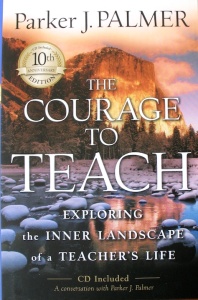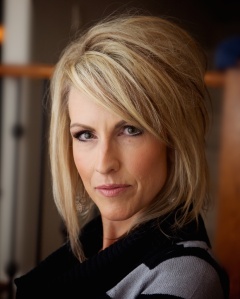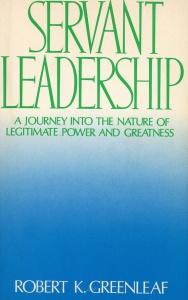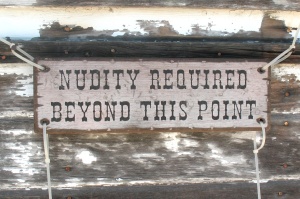My circle of Facebook friends often post about their physical and emotional pain. I read several such posts today. Some of them asked for guidance. I expect they all seek mercy.
I have studied this subject for many years. I have been to workshops, including yoga, many, many times. I also have read some excellent books. I will mention three of them in this post.
The most dramatic title might be Full Catastrophe Living. Subtitle is Using the Wisdom of Your Body and Mind to Face Stress, Pain, and Illness. The author is Jon Kabat-Zinn, Ph.D. He describes wholeness as “a vague feeling or memory left over from when we were children.” That says it for me. Wholeness is a major theme for the author.
Many years ago I went to a workshop guided by John Bradshaw. His book is titled Healing the Shame that Binds You. He described shame as a false self. I was deeply shamed by my family. There were three suicides and a murder, and some divorces. He introduces the phrase toxic shame. I know something about that. It’s not an easy challenge.
The third book is Care of the Soul, by Thomas Moore. His friend James Hillman, whose work I also respect, wrote this: “Years pass. I get to read a lot of psychology but the sincerity, intelligence and style—so beautifully clean—of Tom Moore’s Care of the Soul truly moved me.” He advises us to see the significance of myths, and to see how those stories describe us. I think that is good advice.
I have been rejected several times by people who were my friends for several years. It is an informative experience, but not because they are willing to talk to me. I am left to wonder about my place in their myth. Have you had such an experience?









